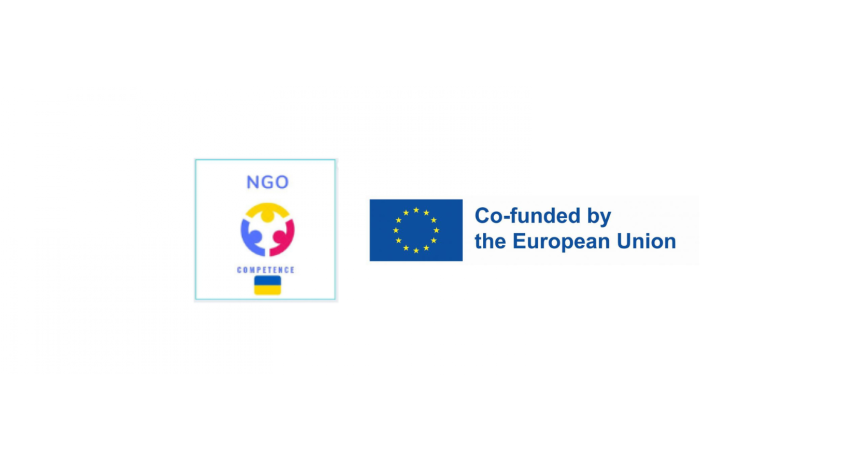Improving the competences of NGO educators for social Inclusion
http://www.eapn.lv/erasmus_plus_small/
Small-scale partnerships in adult education
01.03.2022 – 01.09.2023 (18 months)
Objectives
1. to strengthen the capacity of the partners’ networks by providing NGOs with educators who have gained access to international training programs of Erasmus+;
2. to increase the knowledge and experience of educators (incl. with limited opportunities) from their networks’ member organisations through their involvement in local and international training activities in order to promote the European dimension.
Implementation:
1. to organize two (2) management webinars and publicity measures;
2. to conduct a survey of NGO members from vulnerable groups of population;
3. to organize 25 local workshops for NGO educators (incl. the disadvantaged people) on social inclusion, etc.;
4. to organize four (4) international seminars and experience exchange activities, as well as one conference for NGO educators on social inclusion, etc.;
5. to distribute the informative materials on social inclusion.
Results:
1. increased knowledge not less than 100 educators from NGO networks (incl. from disadvantaged groups) about social inclusion, gender equality, innovations, the digital environment and advocacy;
2. building capacity of five NGO networks with insufficient opportunities through educating their staff, thus bringing closer to Erasmus+;
3. making the information on social inclusion, etc. more available to the NGOs and the general public through the European dimension.
Priorities
• Inclusion and diversity in all fields of education, training, youth and sport
• Common values, civic engagement and participation
• Improving the competences of educators and other adult education staff
Topics:
Inclusion, promoting equality and non-discrimination
Creating new, innovative or joint curricula or courses
Digital content, technologies and practices
Objectives
• to strengthen their capacity as the NGO networks by providing a network with educators (incl. those with limited opportunities) who have gained access to international non-formal adult education programs;
• to promote their NGO network member organisations’ educators’ (staff, experts and volunteer specialists, incl. those with limited opportunities) inclusion in local and international training activities, thus actively strengthening the European dimension.
Results
• increased quality of their (NGO network’s) work and methods by attracting trained educators, incl. those with limited opportunities;
• developed capacity of their (NGO network’s) inexperienced member organisations for operating at the international level and in the field related to the objectives of these organisations;
• increased the knowledge of their (NGO network’s) inexperienced member organisations’ educators (incl. those with limited opportunities to 60%) about social inclusion, gender equality, innovations, the digital environment and advocacy, based on the common needs;
• promoted changes in the understanding and experience of their own (NGO network’s) less experienced member organisations’ educators (incl. those with limited opportunities), by ensuring their participation in local and international training and educational events. target groups
• NGO educators from the partner organisations’ network
• staff of member organisations, experts (employees with long-term and comprehensive experience in the non-governmental sector) and
• volunteer specialists (lecturers, consultants, moderators, etc.).
The composition of this target group is close to the composition of NGO members for meeting whose interests and needs this target group needs to deepen their knowledge and experience, i.e. NGO educators are of different ages, different nationalities, both genders (but mostly women), also immigrants, people with disabilities, low-income workers, seniors. The level of education of the target group members and their previous experience in promoting non-formal adult education, but also the lack of experience in international programs are the main determinants for them to participate and expand their knowledge in this Erasmus+ program. The project partners also intend to attract to local activities in the partner countries (in Latvia, Estonia, Sweden, Italy and Greece) an indirect target group - a significant number of participants, incl. people with limited opportunities from member organisations of NGO networks that are operating in the field of non-formal adult social education and inclusion.
Participating Organisations
1. EAPN-Latvia Latvia www.eapn.lv
2. EESTI PEOPLE TO PEOPLE Estonia www.ptpest.ee
3. Be - Creative association Sweden https://epale.ec.europa.eu/en/organisations/b-creative-association https://b-creative.link/
4. Coordinamento Toscano Marginalità Italy http://www.marginalitactm.it/
5. Hellenic Antipoverty Network Greece https://antipoverty.org.gr/
-----------------------------------
Funded by the European Union. Views and opinions expressed are however those of
the author(s) only and do not necessarily reflect those of the European Union or the
European Education and Culture Executive Agency (EACEA). Neither the European
Union nor EACEA can be held responsible for them.

